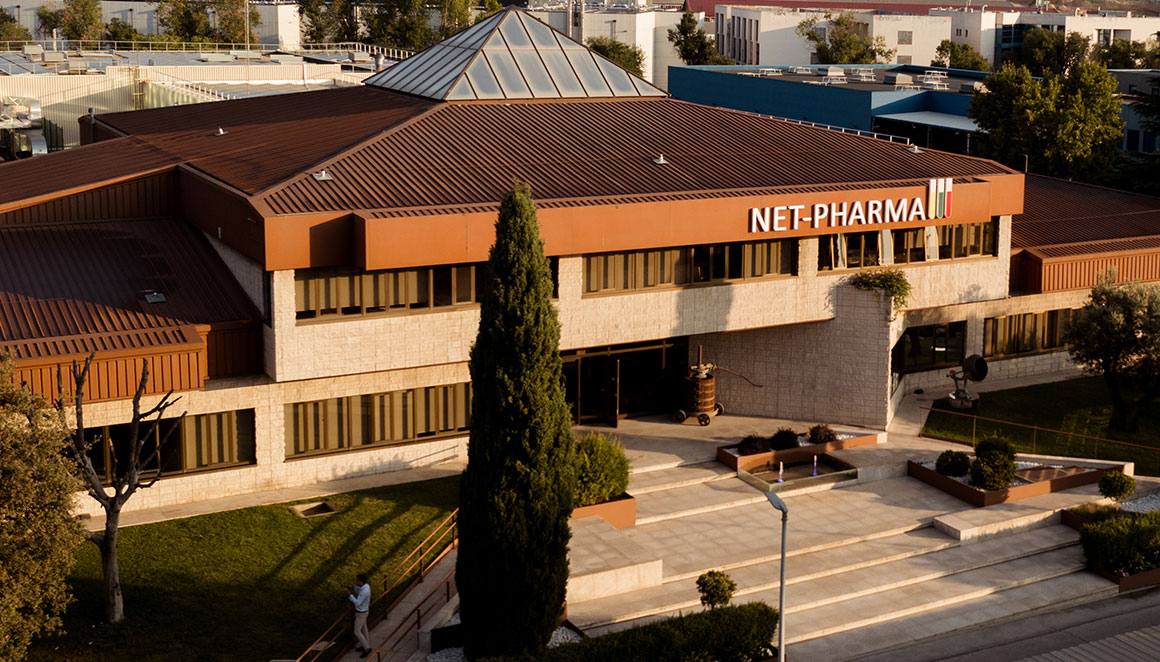
Last December, the approval by the Council of Ministers of the 2024–2028 Pharmaceutical Industry Strategy marked a major milestone for the pharmaceutical sector in Spain. This recognition of the strategic nature of our industry opened the door to a new model of shared governance, materialized in the Joint Strategy Committee, which offers us a permanent dialogue platform to contribute to the design of a regulatory framework that enhances our competitiveness and industrial autonomy.
In this context, the approval of the Preliminary Draft of the Medicines and Medical Devices Law, while aiming to modernize the Spanish pharmaceutical system, introduces certain measures that are causing deep concern throughout the entire biomedical ecosystem. At Net-Pharma Hub, we wish to share our perspective on this crucial moment, particularly regarding the proposed selected pricing system, which has been strongly contested by various associations and industry stakeholders.
Risk to Supply and the Industrial Fabric
As organizations such as Farmaindustria, AESEG, and AELMHU have pointed out, the creation of a selected pricing model for off-patent medicines could have direct negative effects on the economic viability of many production lines in Spain. In its current form, this measure may exert downward pressure on prices, discouraging domestic manufacturing, worsening current supply issues, and threatening the sustainability of the system.
At Net-Pharma Hub, we share this concern. In a global environment marked by geopolitical instability, rising energy and industrial costs, and new environmental and regulatory challenges, any measure that weakens the national production structure must be carefully reviewed. This is not only about economic sustainability, but also about strategic health autonomy—a principle that should be a guiding priority in any pharmaceutical legislative reform.

The Need for an Alternative, Consensus-Based Model
We firmly believe it is possible to design a pricing system that ensures public system sustainability while providing appropriate incentives for the industry. Instead of applying automatic criteria that could jeopardize supply, we propose moving toward models that take into account factors such as the critical nature of the medicine, its manufacturing origin, and its contribution to system resilience.
The draft law is still in the processing stage, and now is the time when constructive dialogue and active participation from the sector must guide the way forward. At Net-Pharma Hub, as an innovation and collaboration ecosystem for the pharmaceutical industry, we reiterate our willingness to work with the relevant authorities to find balanced, feasible, and sustainable solutions.
A Reform That Must Reflect the Sector’s Strategic Vision
The Spanish pharmaceutical sector has proven to be a key pillar in economic, industrial, and healthcare terms. However, its competitiveness and ability to attract investment have progressively deteriorated in recent years. The new Medicines Law must be a tool to reverse this trend, not deepen it.
We urge that this regulatory reform be fully aligned with the objectives of the 2024–2028 Pharmaceutical Industry Strategy and effectively contribute to strengthening the industrial fabric, ensuring access to medicines, and preserving the system’s sustainability.
We are at a decisive moment. The decisions made today will shape the future model of healthcare and pharmaceutical production. At Net-Pharma Hub, we will continue working to ensure that future is based on innovation and public-private collaboration.





